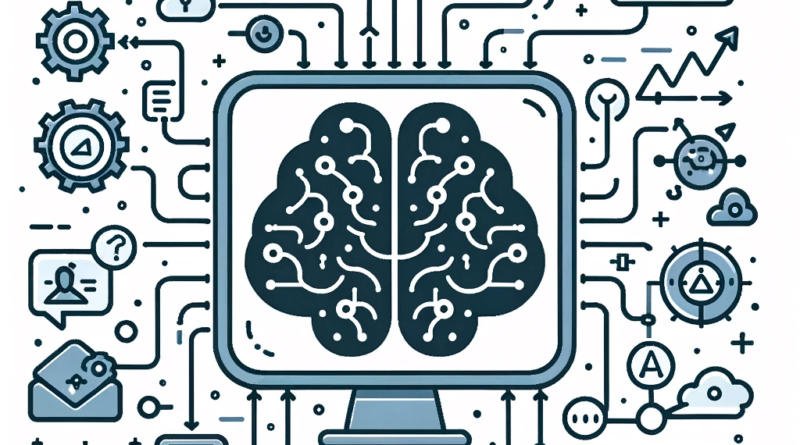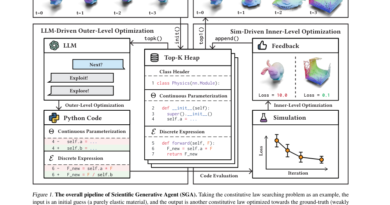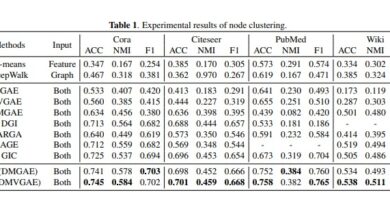What is Artificial Intelligence(AI)? A Beginner’s Overview
Artificial Intelligence (AI) is a term that often pops up in conversations about technology, but what exactly is it? If you’re new to this concept, don’t worry—we’ll break it down in simple terms.
What is AI?

Artificial Intelligence refers to the ability of machines to perform tasks that would normally require human intelligence. These tasks include learning, reasoning, problem-solving, understanding language, and even recognizing emotions.
Types of AI
- Narrow AI: This is the most common form of AI we interact with today. Narrow AI is designed to perform a specific task, such as facial recognition, internet searches, or self-driving car functions. It operates under a limited set of parameters and doesn’t possess general intelligence.
- General AI: Often depicted in movies, General AI can understand, learn, and apply knowledge across a wide range of tasks, much like a human. It’s still a theoretical concept and doesn’t exist yet.
- Superintelligent AI: This is a hypothetical form of AI that surpasses human intelligence in all aspects. While it’s a topic of much debate and speculation, it’s not something we need to worry about in the near future.
How Does AI Work?
AI systems work by combining large amounts of data with fast, iterative processing and intelligent algorithms. This allows the software to learn automatically from patterns or features in the data. Here’s a simplified step-by-step process of how AI works:
- Data Collection: AI systems gather vast amounts of data from various sources.
- Data Processing: The data is then processed to extract relevant information.
- Model Training: Using this processed data, AI models are trained using algorithms to recognize patterns.
- Making Predictions: Once trained, the AI model can make predictions or decisions based on new data.
- Continuous Learning: AI systems can improve over time by learning from new data and experiences.
Applications of AI
AI is used in numerous fields to improve efficiency and accuracy. Here are some common applications:
- Healthcare: AI helps in diagnosing diseases, predicting patient outcomes, and personalizing treatment plans.
- Finance: It’s used for fraud detection, algorithmic trading, and risk management.
- Transportation: Self-driving cars and traffic management systems rely on AI.
- Customer Service: Chatbots and virtual assistants like Siri and Alexa provide user support.
- Entertainment: AI recommends movies, music, and other content based on your preferences.
Benefits of AI
- Efficiency: AI can perform tasks faster and more accurately than humans.
- Automation: Routine tasks can be automated, freeing up human workers for more complex activities.
- Decision Making: AI can analyze large datasets to aid in decision-making processes.
- Personalization: AI enables personalized experiences in healthcare, marketing, and entertainment.
Challenges and Concerns
While AI has many benefits, it also comes with challenges:
- Ethical Concerns: Issues like job displacement, privacy, and bias in AI systems need to be addressed.
- Security: AI systems can be vulnerable to hacking and other security threats.
- Transparency: It’s important to understand how AI makes decisions to ensure fairness and accountability.
The Future of AI
AI is continuously evolving and has the potential to revolutionize many aspects of our lives. Researchers are working on making AI systems more robust, transparent, and ethical. The future could see even more advanced applications, from personalized education to smarter cities.
Conclusion
Artificial Intelligence is a powerful technology transforming the way we live and work. By understanding its basics, types, and applications, we can better appreciate its impact and potential. As AI continues to evolve, staying informed about its developments will help us navigate its challenges and opportunities.
Don’t forget to follow us on LinkedIn. Do join our active AI community on Discord.
Explore 3600+ latest AI tools at AI Toolhouse 🚀.
If you like our work, you will love our Newsletter 📰




